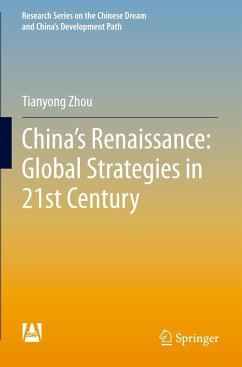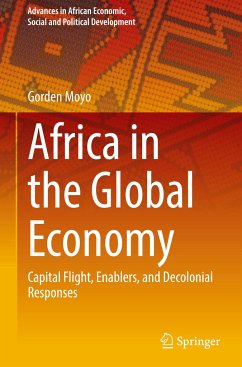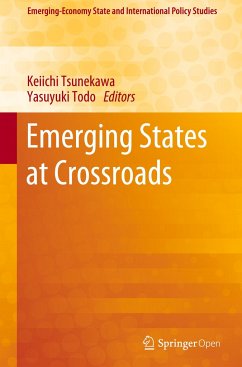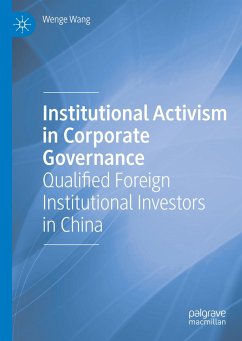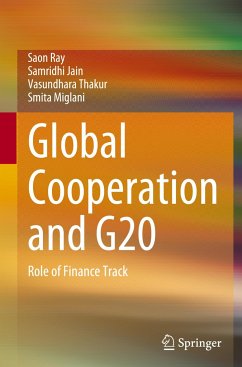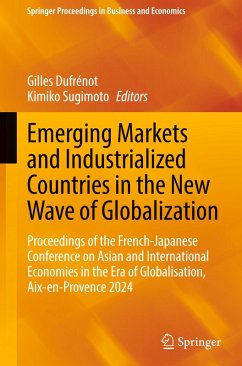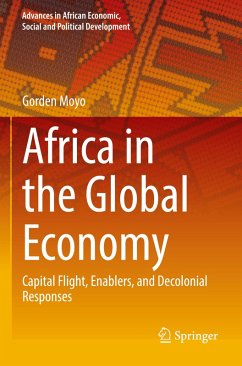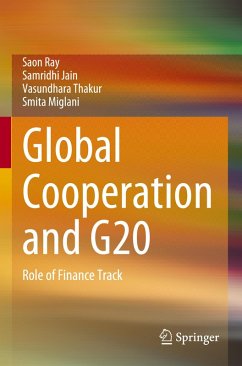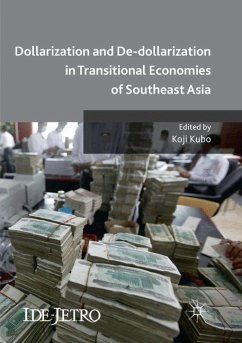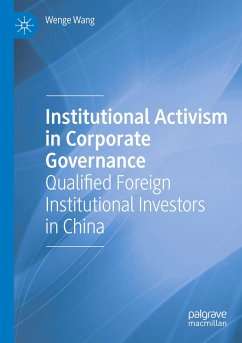
Energy, Environment and Transitional Green Growth in China

PAYBACK Punkte
38 °P sammeln!
This book discusses energy use and its environmental footprint in China, as well as issues concerning the transitional green growth of its economy, a subject of great importance in light of China's size and its impressive record of economic growth. The book includes expert overviews and empirical studies prepared by internationally recognized experts in the field. The empirical techniques utilized by the contributors include econometrics, mathematical programming, and index numbers. The book will provide readers a deeper understanding of the energy and environmental issues China now faces duri...
This book discusses energy use and its environmental footprint in China, as well as issues concerning the transitional green growth of its economy, a subject of great importance in light of China's size and its impressive record of economic growth. The book includes expert overviews and empirical studies prepared by internationally recognized experts in the field. The empirical techniques utilized by the contributors include econometrics, mathematical programming, and index numbers. The book will provide readers a deeper understanding of the energy and environmental issues China now faces during its transitional growth period, and of the strategies available for resolving these issues.
The 2016 Asia-Pacific Productivity Conference, held in Nankai University, Tianjin China from July 7-10, was organized by Nankai University's College of Economic and Social Development (CESD) in collaboration with the School of Economics Nankai University and Collaborative Innovation Center for China Economy. The primary objective of the event was to highlight the latest developments in efficiency and productivity research.
The 2016 Asia-Pacific Productivity Conference, held in Nankai University, Tianjin China from July 7-10, was organized by Nankai University's College of Economic and Social Development (CESD) in collaboration with the School of Economics Nankai University and Collaborative Innovation Center for China Economy. The primary objective of the event was to highlight the latest developments in efficiency and productivity research.





